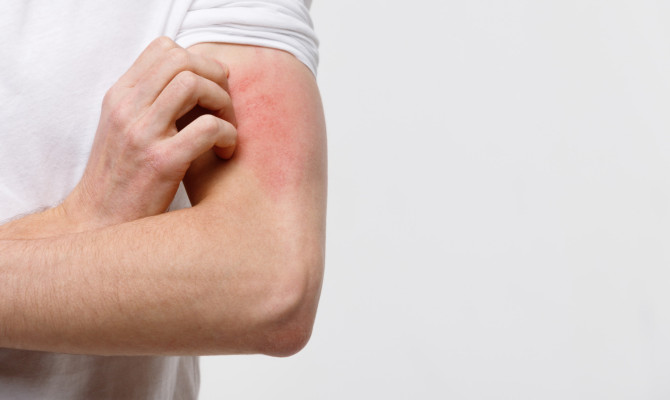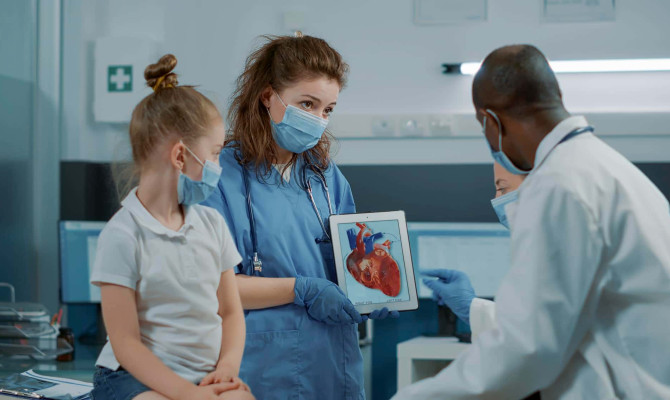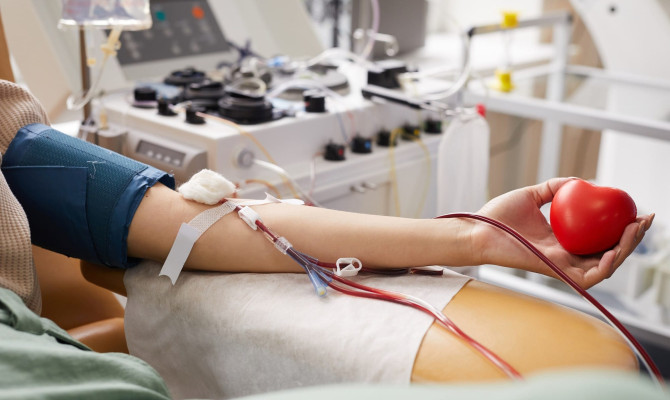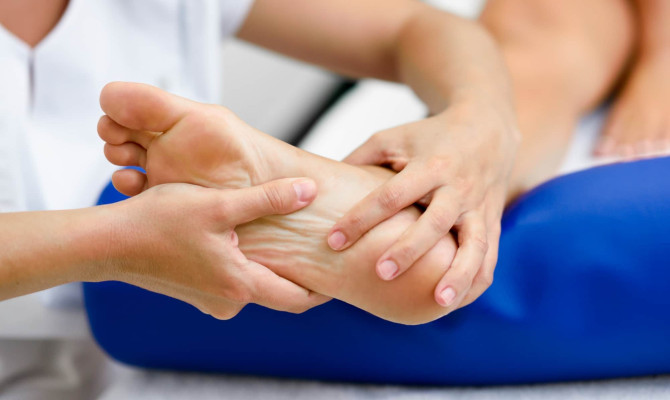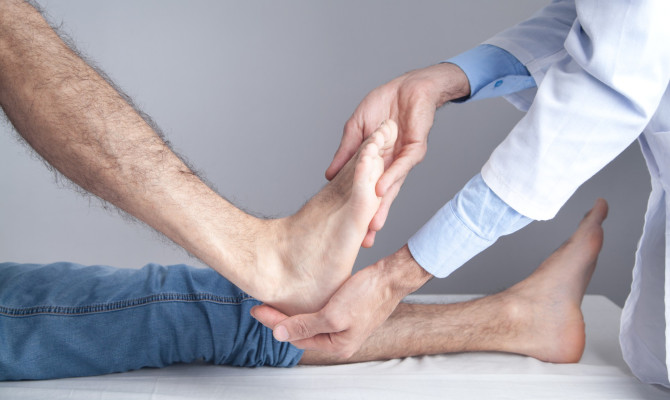Gastritis : Causes, Symptoms and Treatment

- Gastritis
- 17 Aug 2023
Overview
What is Gastritis?
Gastritis is a disease that occurs due to inflammation of the stomach lining. Gastritis can occur either as an acute form (severe attack) lasting for a short time or as a chronic form, where the condition may last for many months to years associated with few or no symptoms.
Treatment options for gastritis include lifestyle changes & avoiding exposure to known irritants or taking medications that reduce the amount of gastric juice in the stomach.
If left untreated, gastritis can lead to serious problems/complications such as anemia (low red blood cell count), peritonitis (redness & swelling of the tissue that lines the belly/abdomen), and/or stomach cancer in affected individuals1Overview| Researched based study from Safercare.vic.gov.au ,2Overview| Researched based study from Betterhealth.vic.gov.au .

Causes
Causes of Gastritis
Gastritis occurs when the stomach lining weakens or damages due to factors that include:
Common causes such as:
- Infection (caused by H.pylori bacteria)
- Medications (such as aspirin, ibuprofen)
- Heavy alcohol consumption.
Uncommon causes such as:
- Hypersensitivity/allergic reaction
- Autoimmune disorder (a condition that occurs when the immune system mistakenly attacks the body’s own cells)
- Cocaine ingestion
- Bile reflux (a condition that occurs when bile backs up into the stomach)
- Severe stress
- Viral infections4Causes| Researched based study from Medlineplus.gov
Symptoms

What are the warning symptoms of Gastritis?
Most of the time, gastritis has no symptoms. But in a few cases, it can be associated with signs that include:
- Burning pain in the upper abdomen/lower chest
- Belching (burping)
- Nausea (feeling of vomit)
- Vomiting
- Loss of appetite
- Hiccups
- Weight loss
- Black stools or vomiting blood/coffee-ground-like material2Symptoms| Researched based study from Betterhealth.vic.gov.au
When to seek medical help?
Most cases of gastritis are short-lived and do not require medical care. A healthcare professional should be consulted when a person experiences signs and symptoms of gastritis for a week or longer.
A healthcare professional should be consulted immediately if gastritis occurs with the below-listed symptoms that include:
- Severe pain
- Feeling light-headedness or dizziness
- Stomach discomfort (that occurs after taking prescription or over-the-counter drugs, especially aspirin or other pain relievers)
- Blood in stool
- Stools that appear black1Symptoms| Researched based study from Safercare.vic.gov.au ,4Symptoms| Researched based study from Medlineplus.gov
Diagnosis
How is Gastritis diagnosed?
A physician diagnoses gastritis by reviewing a person’s personal & family medical history, followed by a thorough physical evaluation which at times may involve certain tests such as:
- Breath test
- Blood test
- Stool test
- Upper endoscopy
- Biopsy.
Breath test
- A breath test is performed by ingesting a capsule or liquid containing urea, a safe radioactive substance, which is breathed into a balloon-like bag and is then transformed into carbon dioxide by the H. pylori bacteria. If a person’s breath test reveals an increase in carbon dioxide levels, it is assumed that they have gastritis.
Blood test
- In order to confirm anemia, which indicates gastritis, a blood test is performed to screen for antibodies that combat the H. pylori bacteria and to measure the red blood cell count.
Stool test
- A stool test checks the presence of blood and H.pylori bacteria in stool, a possible sign of gastritis.
Upper endoscopy
- Is a procedure in which a thin flexible tube is threaded down the esophagus into the stomach with an endoscope (a medical device with an attached light) which is fitted to a small camera that aids in the examination of the stomach lining. If the gastric mucosa appears reddened, then the condition is confirmed to be gastritis.
Biopsy
- An endoscopic biopsy involves the removal of stomach tissue, which is then examined in a lab for any abnormalities, such as the presence of inflammatory cells and epithelial damage, to confirm the diagnosis of gastritis.2Diagnosis| Researched based study from Betterhealth.vic.gov.au , 3Diagnosis| Researched based study from Clevlandclinic.org ,4Diagnosis| Researched based study from Medlineplus.gov
Treatment
How is Gastritis treated?
The underlying etiology of gastritis affects the course of treatment. A medical expert may suggest the following treatments depending on the cause, which include:
- Medications
- Dietary adjustments/modifications.
Medications
Certain medications may be recommended depending on the severity of gastritis that include:
- Antacids – medications used to provide relief from indigestion and heartburn such as aluminum hydroxide, magnesium carbonate
- Medications like pantoprazole are utilized to safeguard the stomach lining
- Medication, such as esomeprazole, helps to lower stomach acid.4Treatment| Researched based study from Medlineplus.gov
Dietary modifications
Certain dietary modifications can help in the management of gastritis which also aid in reducing the occurrence of gastritis that include:
Consuming foods that reduce developing gastritis such as:
- High-fiber foods, such as vegetables, beans, whole grains, and/or fruits
- Foods with low acidity such as vegetables
- Low-fat foods such as vegetables, fish
- Caffeine-free drinks
- Non-carbonated drinks
Avoiding foods such as:
- Alcohol drinking
- Acidic foods like tomatoes
- Coffee, tea
- Oily/fried foods, preserved foods
- Fruit juice
Certain changes in dietary habits can also aid in reducing gastritis which may include eating at regular times and having smaller & more frequent meals.1Treatment| Researched based study from Saferhealth.vic.gov.au ,2Treatment| Researched based study from Betterhealth.vic.gov.au
Prevention
How to prevent Gastritis?
Gastritis can be prevented by following the below-listed measures that can help minimize indigestion and heartburn that includes:
- Managing stress
- Avoid lying down for 2 to 3 hours after a meal
- Avoiding the use of pain relievers
- Reducing alcohol consumption
- Quit smoking.
Additionally, one of the most significant and conveniently transmissible causes of gastritis, H. pylori infection, can be avoided by following proper hygiene practices including hand-washing. 3Prevention| Researched based study from Clevelandclinic.org
Prognosis
Prognosis of Gastritis
Gastritis in most cases improves quickly with treatment. Most people get relief from gastritis by taking medications. As healthcare provider recommends the most appropriate treatment based on what’s causing gastritis the prognosis of gastritis is good in affected people which is achieved by taking antacids that aid in reducing stomach acid, and antibiotics that reduce bacterial infections4Prognosis| Researched based study from Medlineplus.gov
- Gastritis is a condition that occurs due to inflammation (irritation) of the stomach lining which usually responds well to simple treatment that involves medications and dietary modifications.
- It has a good prognosis rate which can be effectively prevented by following the appropriate preventive measures.
- It usually does not cause any serious complications but if it is left untreated it may lead to complications (associated with severe pain or bleeding), that may need urgent medical attention.
Any feedback on this article?
 This Articles content was accurate
This Articles content was accurate Very Informative Article
Very Informative Article I have a question or a comment
I have a question or a comment
 This article contains inaccurate content
This article contains inaccurate content This article was not helpful
This article was not helpful I have a question or a comment
I have a question or a comment
We appreciate your helpful feedback!
Checkout our social pages
References
-
Safer Care Victoria
Gastritis | Overview | Causes | Treatment
-
The Better Health Channel
Gastritis | Overview | Diagnosis | Treatment
-
Cleveland Clinic
Gastritis | Prognosis | Diagnosis
-
Medline Plus
Gastritis | Prognosis | Causes | Symptoms | Diagnosis | Treatment












